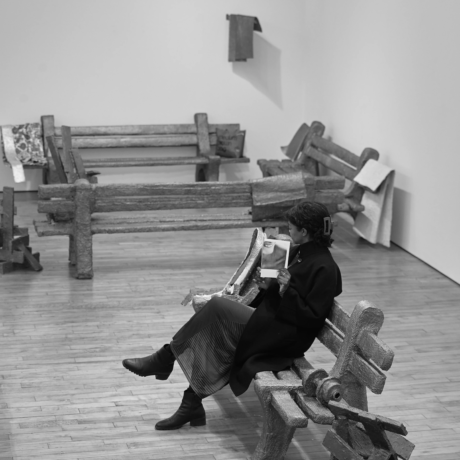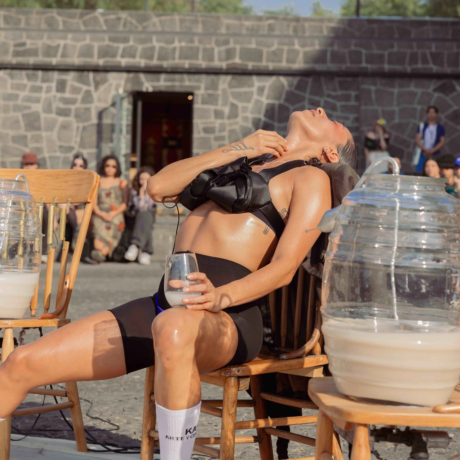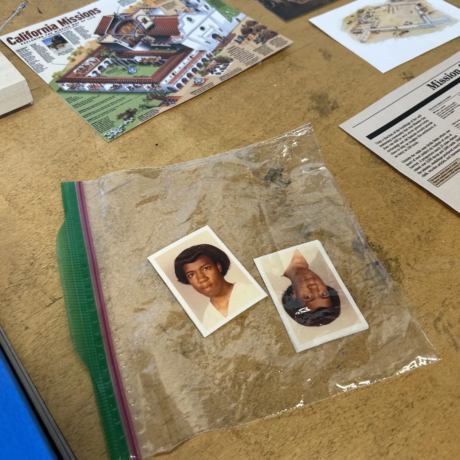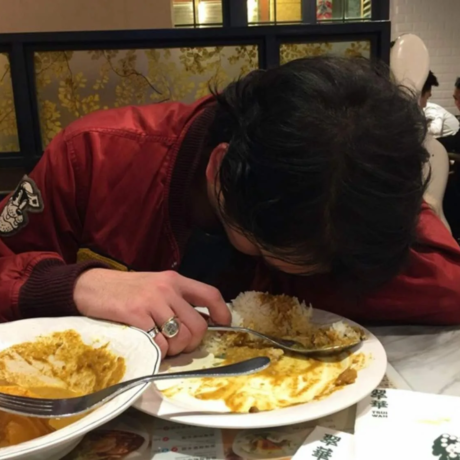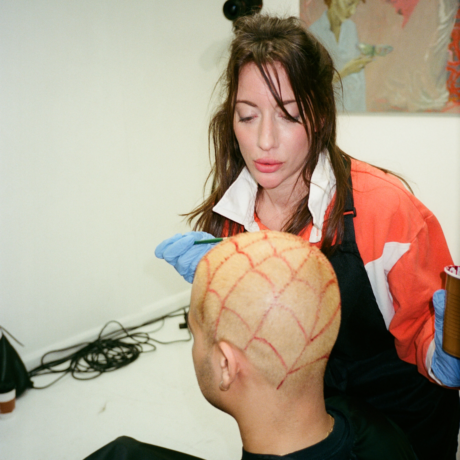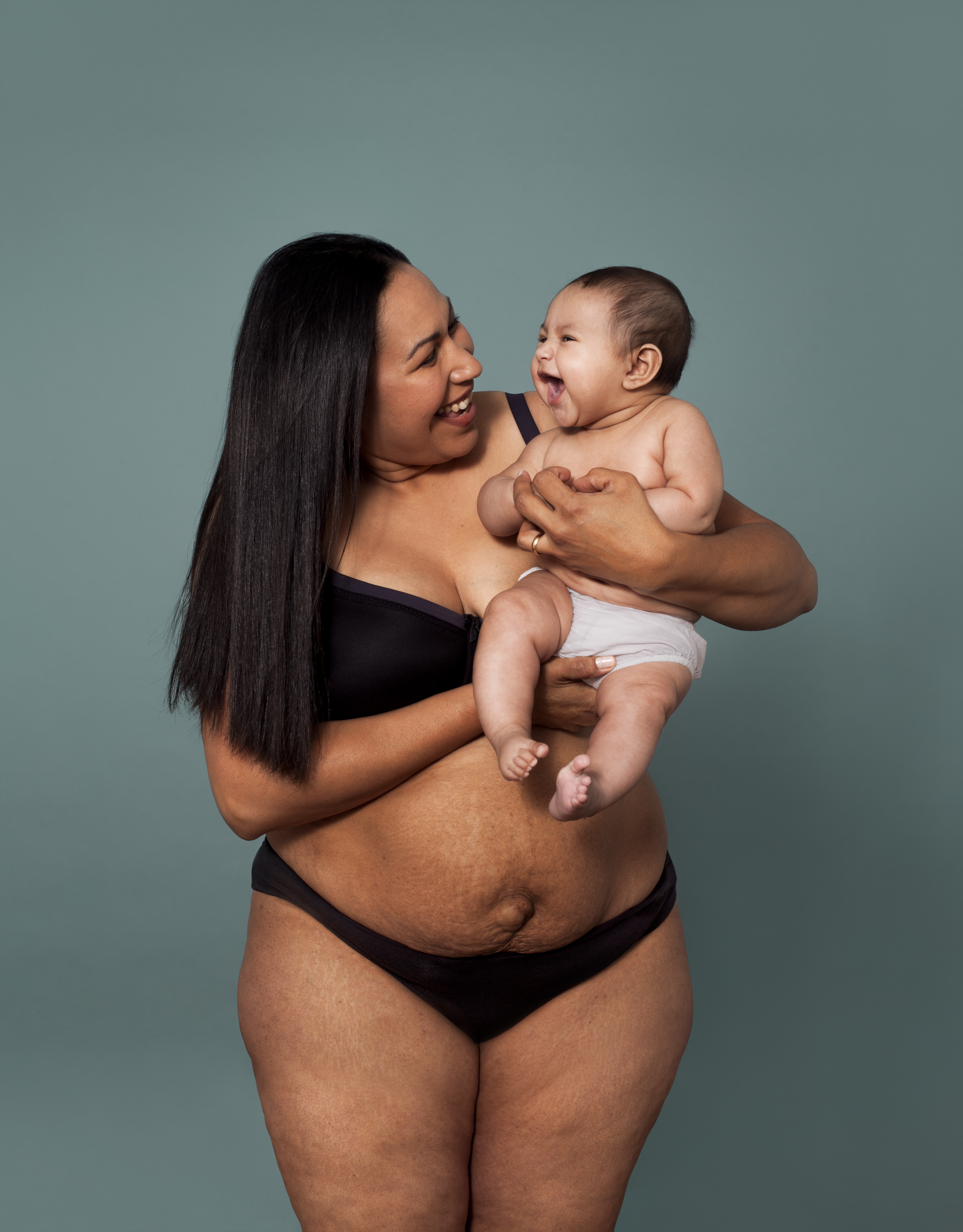
I was born imperfect. I was a very huge, very purple and hirsute baby, ten pounds straight out of the womb, and the first thing I did was burp. I was a forceps birth, and my mother had always told me that was the reason I had a patchy pink mark down the centre of my forehead. When I was a kid, I wore a thick, eye-grazing fringe to hide it. I first became acutely aware of it when I was at secondary school. “You look like you’ve walked into a lamp-post!” the boys would laugh and point. I was given the name “Apache” (although in hindsight, that was probably more of a racial slur).
Adolescence is a cruel time for everyone but the birthmark became the bane of my life. I continued to try to hide it, with haircuts and make-up. People say it makes me unique or special or it’s a sign of a spiritual blessing. It didn’t matter to me. It’s always made me feel ugly. In my twenties I even tried a laser treatment—nothing worked. “The skin is a masterpiece, each part of it is unique,” a dermatologist I visited recently told me. Accepting defeat, I decided self-acceptance was perhaps the answer after all.
The way we see ourselves, as psychoanalysis would have it, is a combination of the image the world outside confronts us with, and the image we have locked up in our heads. When the two are at odds, we feel a deep unease. In a visual culture that doesn’t represent everyone, that happens too much.
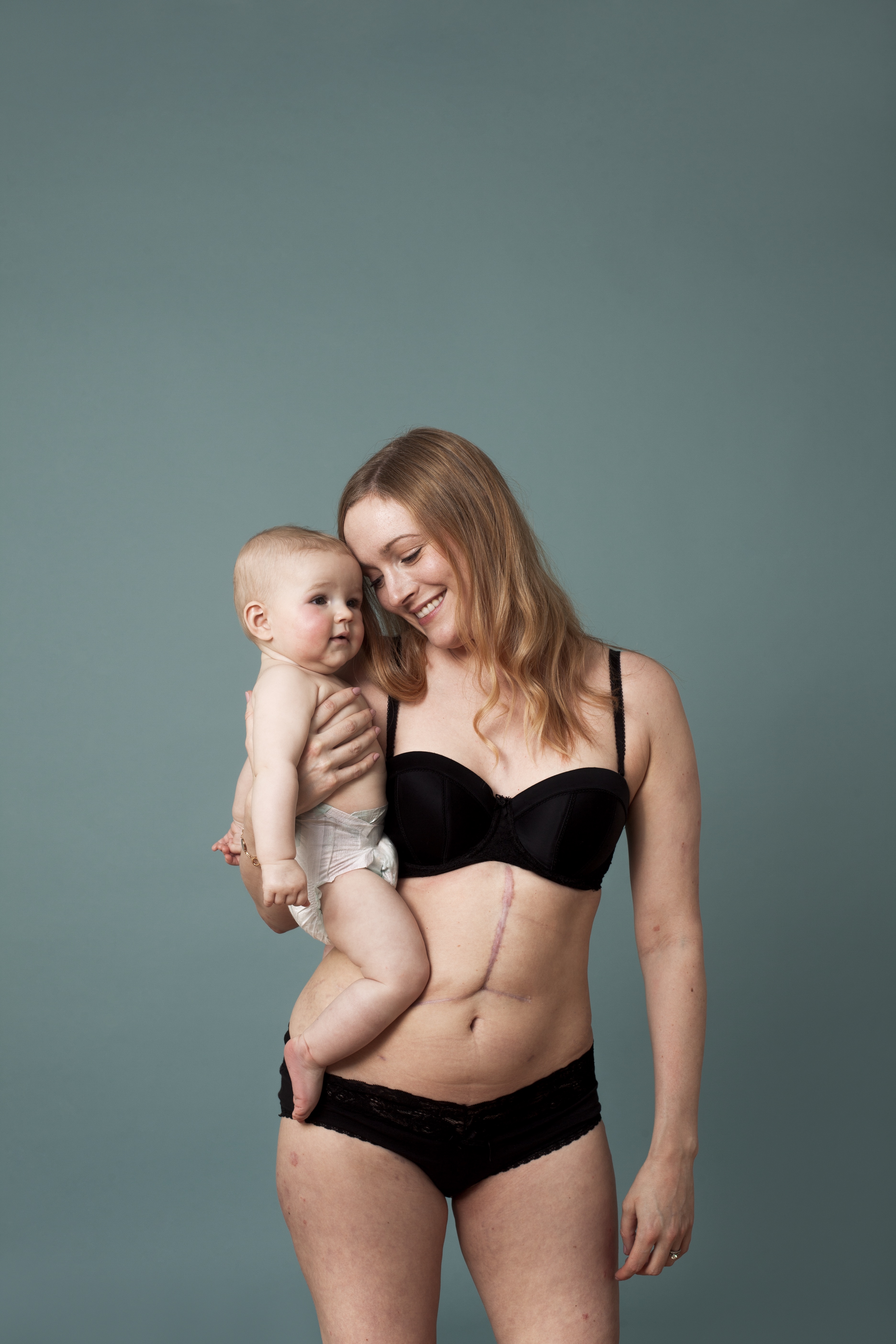
In March, Mothercare launched their new post-birth campaign: Proud Mums. It’s a series of ten untouched photographs of women holding their babes in arms, shot by Sophie Mayanne, who announced in 2017 she would no longer digitally manipulate any images she took. The campaign came in response to The Women We See competition run by TFL. The women proudly hold their children, their bodies, stretchmarked and scarred—an attempt to show the masses, what mothers bodies really look like after having children. All of Mayanne’s subjects shine with pride for their children—but they are not all yet proud of their scars. “I didn’t expect my mind to take so long to get used to seeing myself,” Kesia, one of the mothers, said. The overwhelmingly positive response from women online proves that this kind of thing is long overdue. Being able to identify with the kind of images we see in public is part of a long and slow process of acceptance; it’s not going to make you love yourself instantly. One of the hardest things about embracing our imperfections is admitting that we have them in the first place. Every time someone pointed out my birthmark, it was like they were shining a torch on all my imperfections, parts of myself I wanted desperately to hide.
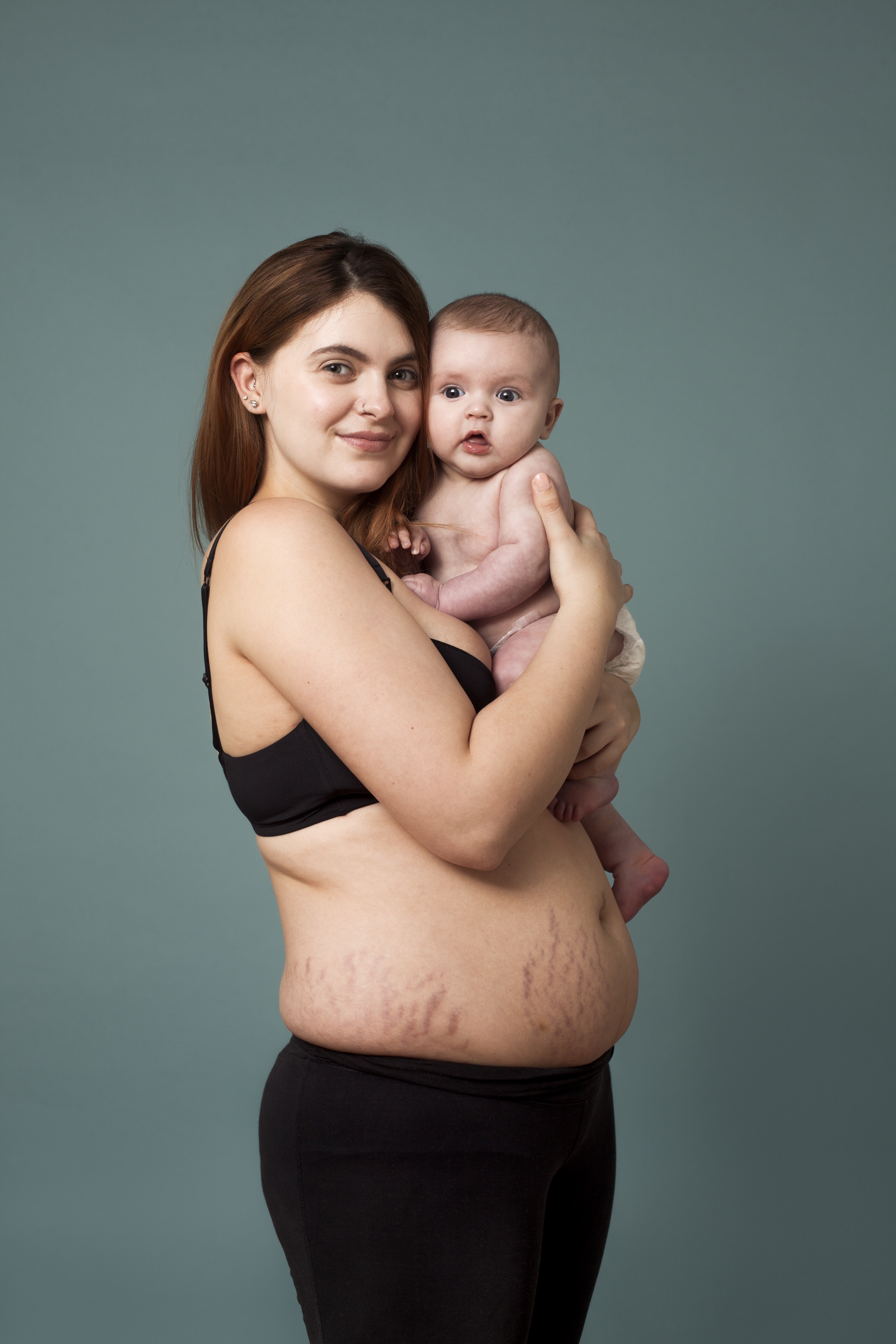
It takes time to change the way we see our imperfections—permanent or temporary. Alarmingly, mothercare’s new research on body image, released to coincide with the Proud Mums campaign shows that over 80% of UK mums have admitted comparing their post-baby bodies to unrealistic ideals. 90% of women in the 18-25 age group–the younger generation we pin our hopes on–expect their bodies to compete with celebrities and what they see in the media. 51% of mums on social media, mothercare also found, are using apps/filters on photos of themselves to hide things about their appearance that they don’t like. Our visual culture has a big impact on the way we see ourselves. We all need to take responsibility for this, not only the advertisers. If I try to hide my imperfections, I am complicit in the lie.
Having dealt with the birthmark all my life, I was used to the sinking feeling when looking in the mirror, post-birth: stretchmarks and orange-peel cellulite on the back of my thighs and bum, the skin on my stomach and boobs stretched and saggy. My skin became dry, my hair fell out. The bags under my eyes made me think of PJ Tips. I can’t say I didn’t care. But strangely I felt better about it all than ever before; having this new little life I was now responsible for has forced me to see myself from a new perspective, for the parts of me were now parts I shared with her too. It resonated to read these mothers declaring they now had someone more important to think about.
All of this newfound self-love was put to the ultimate test when I held my daughter for the first time: the blood had barely stopped flowing from the umbilical cord that had joined us when I noticed she had the exact same mark on her forehead: a salmon-coloured streak, a triangular patch, right between the eyes.
This mark is called a stork bite, or an angel kiss, I discovered after thirty-two years; vascular birthmarks that fifty percent of babies are born with, that can appear either on the forehead, eyelids, nose, or the back of the neck. Mostly, they are temporary, and forehead patches usually fade away by the age of four. But some, like mine, don’t completely go away, and they become more visible when you scream or cry, dilated vessels filling up with blood under thin skin.
I feel awful even admitting that I found my daughter’s stork mark hard to accept. It wasn’t that I didn’t love every atom of her, but I didn’t want my daughter to have to suffer in the same way I had, to feel the torment and shame. To always answer the same questions and explain it to the world. I felt consumed with guilt for wishing she hadn’t inherited it. How could I teach her to be proud of her birthmark when I was still ashamed of mine? That patch had become the epicentre for my self-loathing, and now I had to learn how to love it, so my child would too.
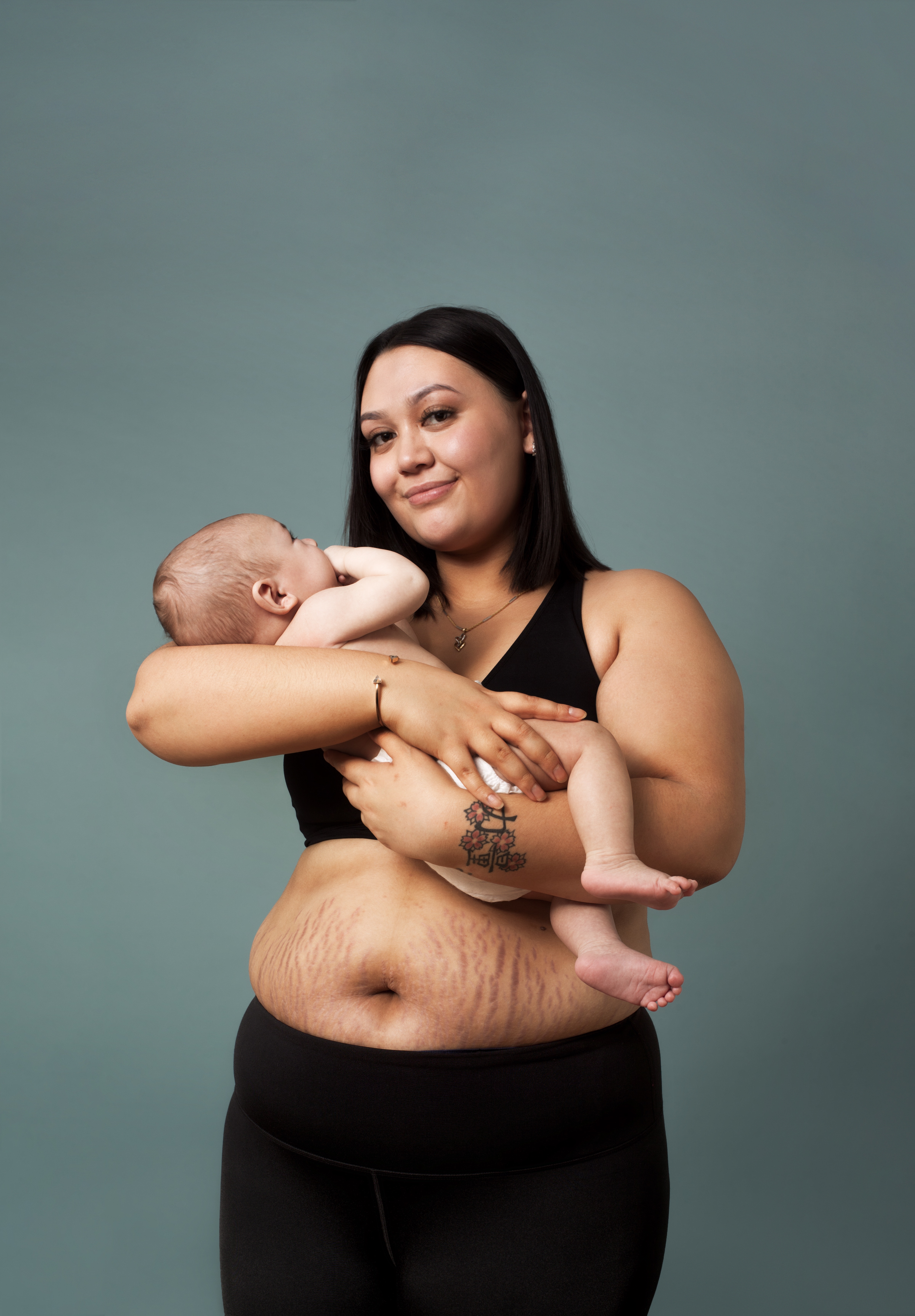
I have already had to answer those questions on her behalf: “What’s that on her head? What happened?” etc. “It’s a stork bite,” I find myself explaining clumsily, “it will fade.” But why should I be so desperate for it to fade?
I won’t be able to protect my daughter from the world’s judgments about how she looks, or the kind of person she is. I can teach her to love her birthmark and more importantly, to love herself whole, inside and out, because we are all born imperfect; no matter what society tries to do to perfect the shit out of us, our imperfections are staying put. I might not be quite ready to embrace and celebrate mine like the women in Mayanne’s photos just yet, but if we sustain the idea of body-confidence it might just trickle down to the next generation. Meanwhile, if anyone has a solution for my birthmark, please let me know.
All Images Sophie Mayanne for mothercare’s Body Proud Mums campaign.

